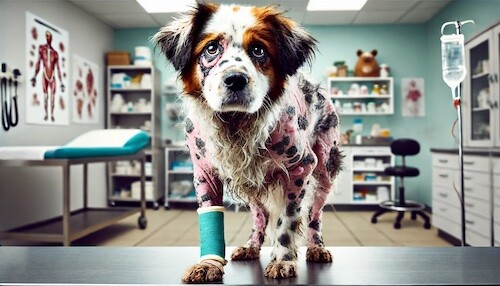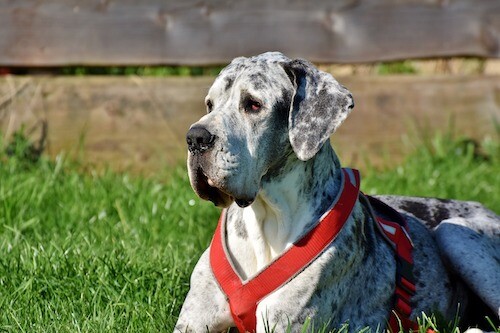The 10 Dog Breeds With The Most Health Problems

Dogs are cherished for their unwavering loyalty and affection, but it’s important to recognize that some breeds are more susceptible to health issues than others. These problems can range from dental issues to hip dysplasia, and understanding which breeds are at higher risk can be crucial for any prospective pet owner. Being informed about these potential health concerns helps you make better decisions and ensures you can provide the best possible care for your canine companion.
Read More: 15 Dog Breeds With The Highest Cancer Rates
Selecting a dog breed should involve considering not just their temperament and activity level but also their predisposition to certain health conditions. Awareness of these issues allows for proactive health management, such as regular veterinary check-ups, proper nutrition, and tailored exercise routines. This approach can significantly enhance the quality of life and longevity of your pet.
In this guide, we delve into the dog breeds that are known to have the most health problems. By understanding these issues, you can be better prepared to meet the specific health needs of your chosen breed, ensuring a happier and healthier life for your furry friend. Here are the 10 dog breeds with the most health problems, along with tips on how to manage their care effectively.
4Great Dane

Great Danes are large, powerful dogs, and they come with several health issues that need to be taken into consideration. Hip dysplasia, bloat, cardiomyopathy, and hypothyroidism are some of the most common health problems in Great Danes. Hip dysplasia can cause pain and decreased mobility, and regular vet check-ups and weight management can help manage this condition.
Bloat is a dangerous condition involving an accumulation of fluid in the stomach that can lead to torsion or twisting in the intestines. Immediate veterinary care is crucial if bloat is suspected. Cardiomyopathy, an enlarged heart condition, can cause difficulty breathing and fatigue. Regular cardiac screenings and appropriate medications can help manage this condition.
Hypothyroidism results from an under-active thyroid gland and may require lifelong medication to manage symptoms such as dry skin and hair loss. Regular thyroid function tests and appropriate treatments are essential for managing this condition.
Providing regular veterinary care, a balanced diet, and regular exercise tailored to their needs can help maintain the overall health of Great Danes. Mental stimulation through interactive play and training can keep their minds sharp and prevent cognitive decline.
By understanding their specific health needs and providing comprehensive care, Great Dane owners can ensure their pets lead long, healthy lives with minimal discomfort.
